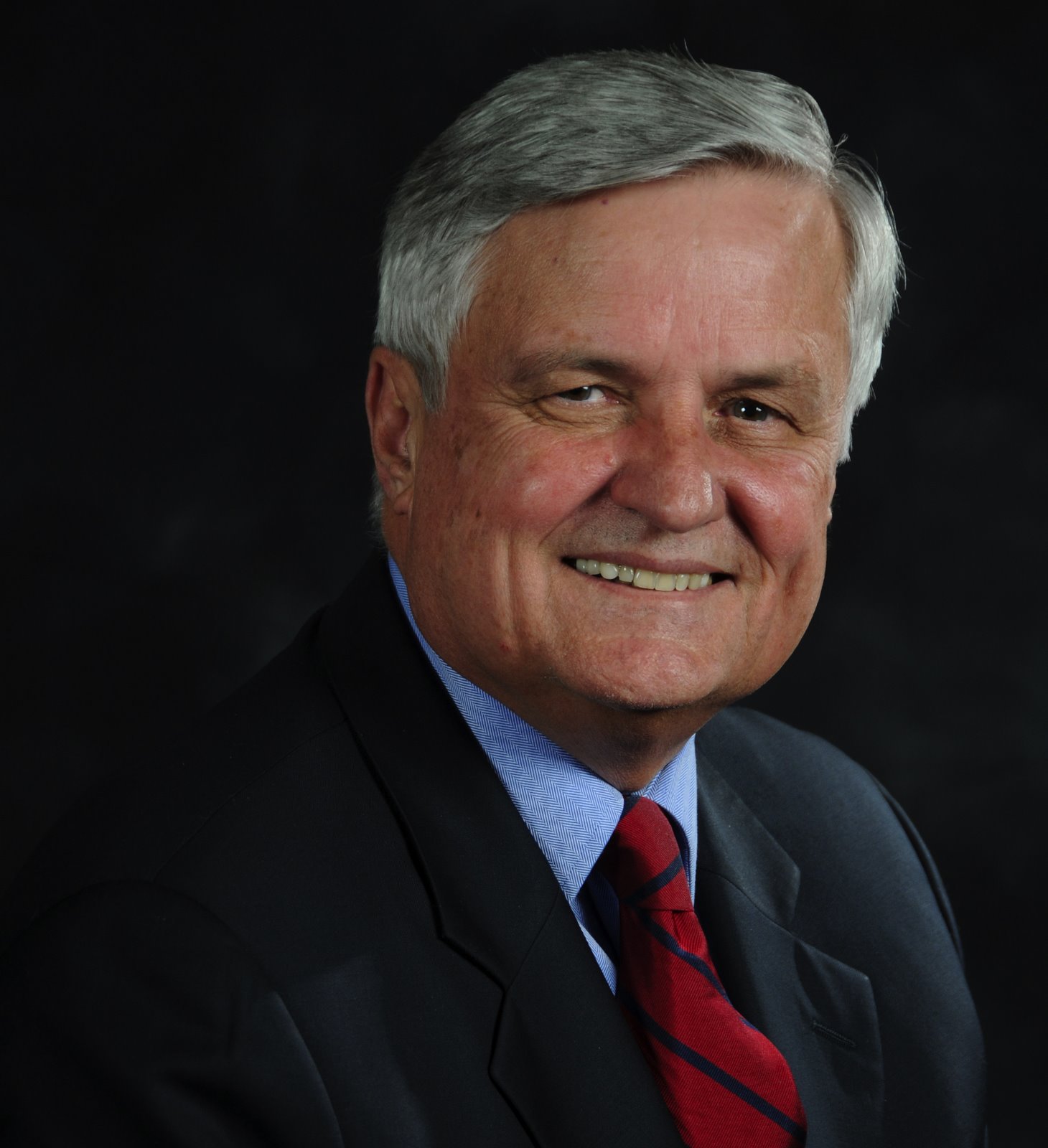Hospitality — and the warmth it delivers — is universal.
I am leading a team of young professionals on a four week journey through Israel. It is sponsored by Rotary International’s Foundation. My Rotary district, 5730, selected me to lead this team of young folks. I accepted this assignment with a full heart.
And this heart of mine nearly exploded with joy when we arrived in Tel Aviv on Sunday. The welcome we received from our Rotary hosts in Israel was overpowering. The district governor, Yael Lazarus, was on hand, along with the man who coordinated the Group Study Exchange with our district, Menashe Livnat and the the GSE team from The Netherlands that is touring Israel side by side with our team. GSE pairs Rotary districts that exchanges teams of four young professionals who will learn from their colleagues. At precisely the time we’re touring Israel, a team from that country is touring West Texas — for the same purpose.
My team comprises Katt Krause, office manager for her family’s landscape construction business in Amarillo; Aida Almaraz, a caseworker at Boys Ranch; Shirley Davis, a math prof at South Plains College in Levelland; and Fernando Valle, a professor of education at Texas Tech.
They are four outstanding individuals who have coalesced into a team. We’ll be showing our West Texas culture to our Israeli hosts throughout the next month, all the while learning about this ancient land, which of course is rich in its own history and culture.
We are staying with host families who have opened their homes to us as if we are family. “We have one rule,” Sari Bendet, our first host told us. “Our refrigerator is always open to you.” Message received, Sari.
I’ll be writing journal entries for the print edition of the Globe-News. My blog entries likely will be of a more personal nature — such as sharing thoughts about the hospitality of our hosts.
Our journey is off to a wonderful start.


